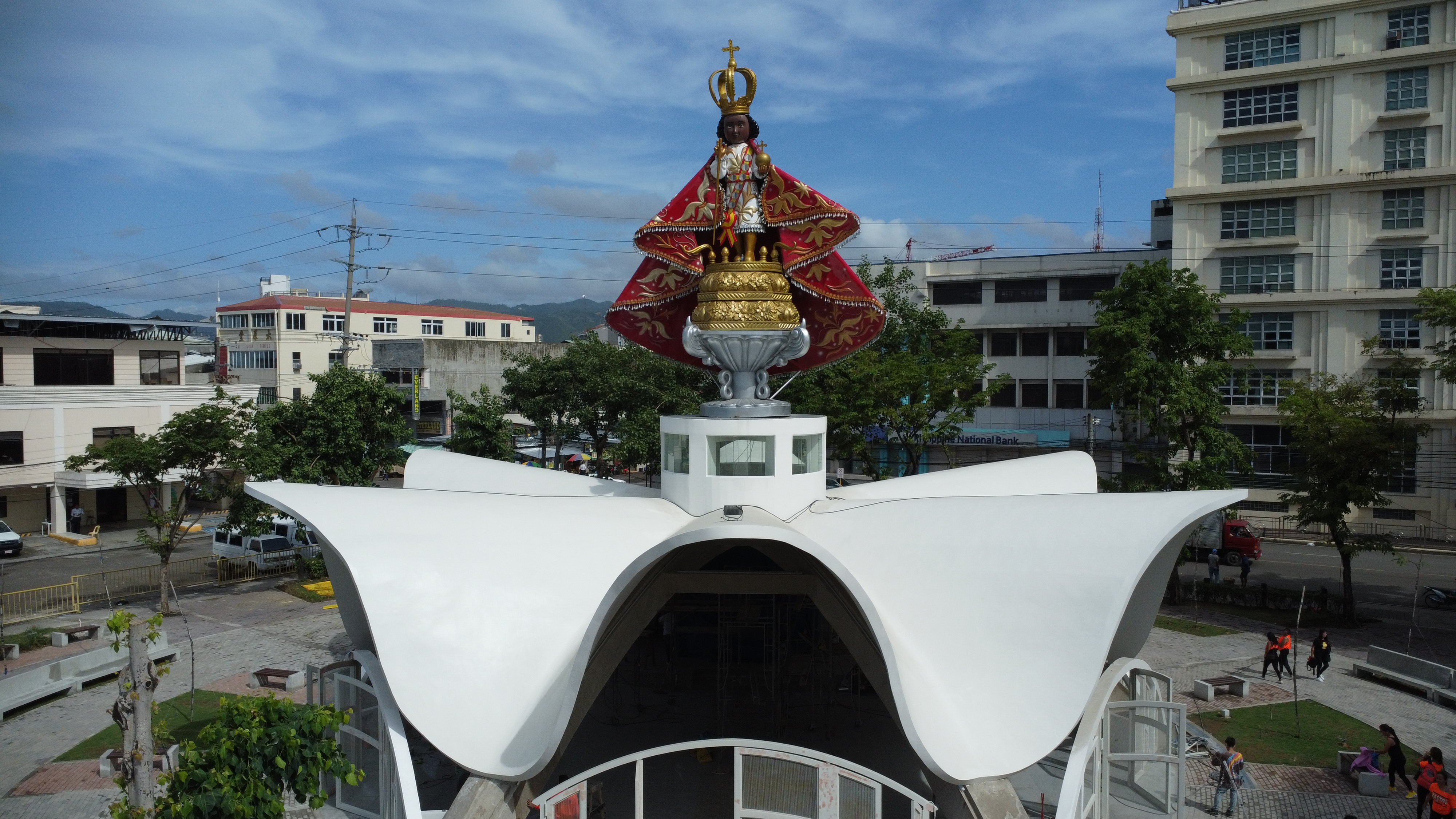Despite a challenging 2021, the company remains relentless in its pursuit of engineering better infrastructure, especially with the awarding of the Metro Manila Subway CP-104 and the dismissal of the Anti-Dummy Case
Metro Manila, Philippines – “Relentless” – that was how Megawide Chairman and CEO Edgar Saavedra described Megawide Construction Corporation (“Megawide” or “the Company”) as it navigated through an extremely challenging 2021.
“Although the last two years proved to be very difficult, with a prolonged pandemic, a nuisance legal case, and a devastating typhoon, we remained agile and relentless in completing our mission,” said Saavedra at the Company’s Annual Stockholders’ Meeting (ASM) held virtually on 30 June 2022.
Sustained growth despite difficulties
For the full year of 2021, Megawide reported consolidated revenues of P15.4 billion, 21% higher year-on-year, amid a persistent COVID-19 pandemic. Earnings before interest, taxes, depreciation, and amortization (EBITDA) also improved to P2.84 billion.
The construction segment rallied the group and recorded revenues of P14.3 billion, 32% more than the previous year, as the industry came out as one of the major drivers of economic growth in 2021. Infrastructure projects like the Malolos-Clark Railway Project and the Aglipay Sewage Treatment Plant likewise reported steady progress during the year.
The airport and landport businesses, on the other hand, continued to be affected by restricted travel and transport as well as limited economic activities, resulting in weaker financial performances.
Navigating storms with ESG
One of the Company’s biggest challenges in 2021 came with Typhoon Odette, which severely hit Cebu Province. Mactan-Cebu International Airport (MCIA) Terminal 1 was temporarily closed to give way for repairs while operations were paused at Megawide construction sites and the Carbon Public Market redevelopment.
Despite the damage and disruptions to the supply chain, Megawide and its subsidiaries continued to provide support to nearby communities, including food, drinking water, and solar-powered lights, among others. MCIA also provided shelter for stranded passengers, as well as free charging and use of restroom facilities while power and water connections were being restored.
With the external challenges of 2021, Saavedra announced the company’s resolve to further strengthen its Economic, Environmental, Social, and Governance agenda to prepare the company in the next normal.
Among the highlights of Megawide’s ESG performance in 2021 is the improvement in the Asean Corporate Governance Scorecard to 102.2 points from 98.5 the previous year.
Pivot to infrastructure for cycle resiliency
Saavedra emphasized the importance of balancing ESG and a proactive business strategy in order to seize future opportunities, with the company setting its sights on more critical and progressive infrastructure projects.
“We believe that infrastructure development is sustainable amid different cycles and will remain a priority under the new administration,” Saavedra explained.
From less than 5% pre-pandemic, the infrastructure share in the Company’s order book grew to 17% as of 2021.
“We intend to increase this share further as we book more big-ticket items, such as the Metro Manila Subway Project and, hopefully, other government rail packages. We are also shifting our efforts towards enhancing public transport infrastructure in the Philippines, which we believe is critical to our economic recovery,” he continued.
Megawide signed the contract for Contract Package 104 of the Metro Manila Subway Project last 5 May 2022, together with Japanese joint venture partners Tokyu Construction Co. Ltd. And Tobishima Corporation.
Enhancing Transport Infrastructure
Utilizing the landport model, the Company is actively exploring strategic locations that will enhance inter- and intra-island connectivity in the Philippines, creating a hub-and-spoke model with the Paranaque Integrated Terminal Exchange at the center.
In the airport segment, meanwhile, the Company is expecting a boost in international numbers at MCIA, particularly with the opening of the thrice-weekly Cebu-Istanbul route via Turkish Airlines and the return of the daily Cebu-Dubai route via Emirates.
The continuing recovery at MCIA is punctuated by the recent dismissal of the Anti-Dummy Law case filed against directors of Megawide’s airport subsidiary, GMR MEGAWIDE Cebu Airport Corporation (GMCAC). The Company officially received the Omnibus Order last 27 June 22, explaining that the dismissal of the case was necessitated by the enactment of Republic Act. No. 11659, signed into law last 21 March 2022, which clearly excluded airport operations and maintenance from the definition of a public utility. This therefore removed the applicability of the nationality restriction to GMCAC.
Finally, the Company is also proceeding with Phase 1 of its revitalization of Cebu’s 100-year old Carbon District under a 50-year joint venture with the Cebu City Government, as the prototype for its urban renewal concept.
“Despite our losses, we stayed true to our values and our pursuit of inclusive development through infrastructure. The journey has not been easy, and we thank you for keeping us going through 2021 towards our vision of A First-World Philippines,” concluded Saavedra.





